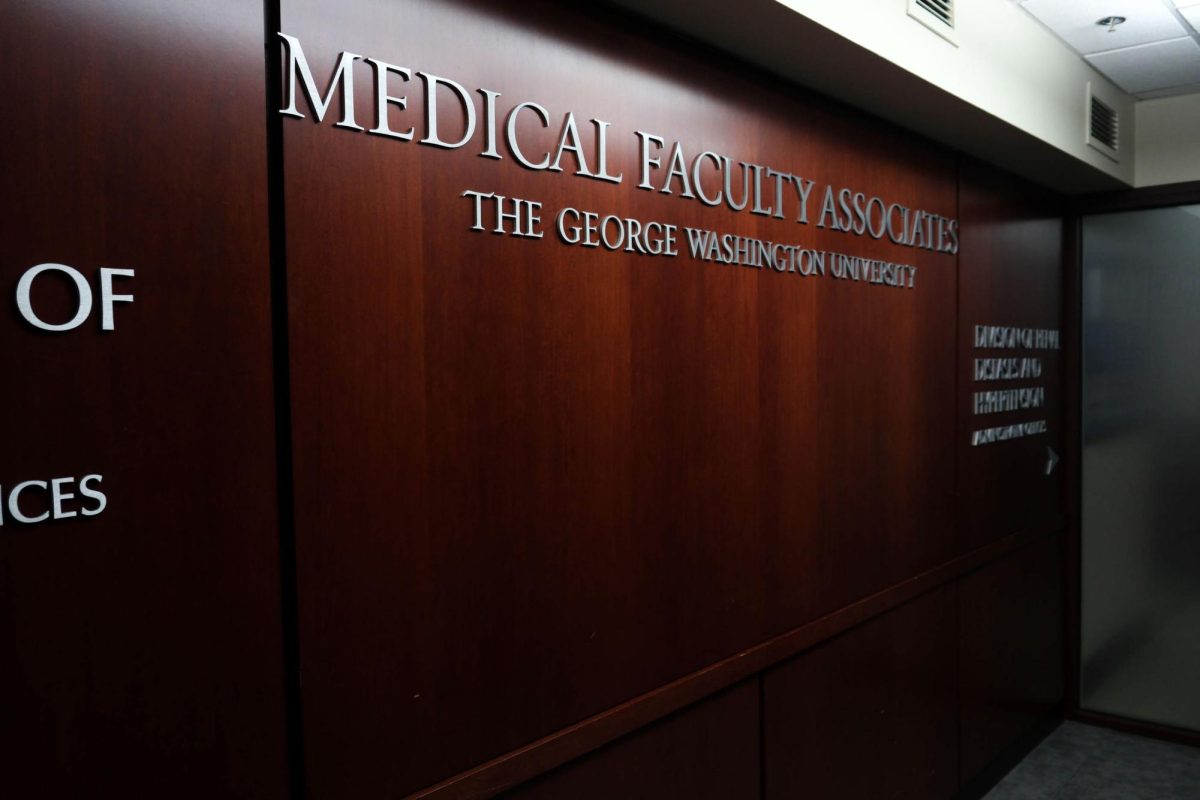A D.C. councilmember introduced a bill last month that could make it easier for women in the District to gain access to birth control.
At-Large Councilmember David A. Catania’s bill hopes to eliminate barriers some women may face in obtaining birth control pills by enabling them to get contraception over-the-counter.
Women in the District would only have to consult with their pharmacists before obtaining contraception, rather than seeing a doctor and undergoing other check-ups, which can be pricey depending on a woman’s insurance and finances.
Licensed pharmacists could provide “hormonal birth control without a prescription only when certified to do so by the Board of Pharmacy and only pursuant to protocols established by the Boards of Pharmacy and Medicine,” the bill states.
It is unclear as to whether this change could affect the cost of contraception.
Some anti-abortion groups, like the American Life League, are opposing the legislation supported by Planned Parenthood.
The bill doesn’t currently include any age requirements or restrictions on allowing pharmacists to prescribe birth control, but regulations would be imposed if the bill is passed.
Director of GW’s Student Health Service Dr. Isabel Goldenberg and SHS Associate Director Susan Haney said GW students can obtain birth control from SHS through a “very simple” process.
Goldenberg and Haney said in a joint statement that students can make an appointment with SHS if they are interested in getting a birth control prescription.
“Visits are free of charge for participants in our health insurance plan,” the statement said.
Testing may be necessary, but in most cases the patient will receive a prescription for her selected birth control method.
“The visit for the contraception is a good opportunity to check for hypertension, sexually transmitted infections and to offer counseling in healthy life styles,” Goldenberg and Haney said.
Because the Pharmacy Access Amendment Act of 2011 would not require a patient to get a physician’s approval, women may not have to undergo other lengthy procedures or routine tests which are usually performed during such OB-GYN visits.
Goldenberg said last fall SHS didn’t have statistics on how many students use birth control.
“The students in the student health plan have a co-payment of $25, $35 or $50 per prescription. Many oral contraceptives are generics, and will cost $25 [per] month,” Goldenberg said.
Prescription birth control could eventually become free if a panel of experts determines that prescription birth control counts as preventive care under the new health care law.
Under an amendment authored by Sen. Barbara Mikulski, D-Md., to the health care reform bill in 2009, women would be provided with free access to preventive care.
The Department of Health and Human Services has until August 2011 to decide what counts as preventive medicine.
Catania’s bill was introduced to the council and referred to the health committee. As with all other D.C. legislation, if the bill is passed by the council and approved by the mayor, it will still face a 30-day congressional review period before becoming law.






